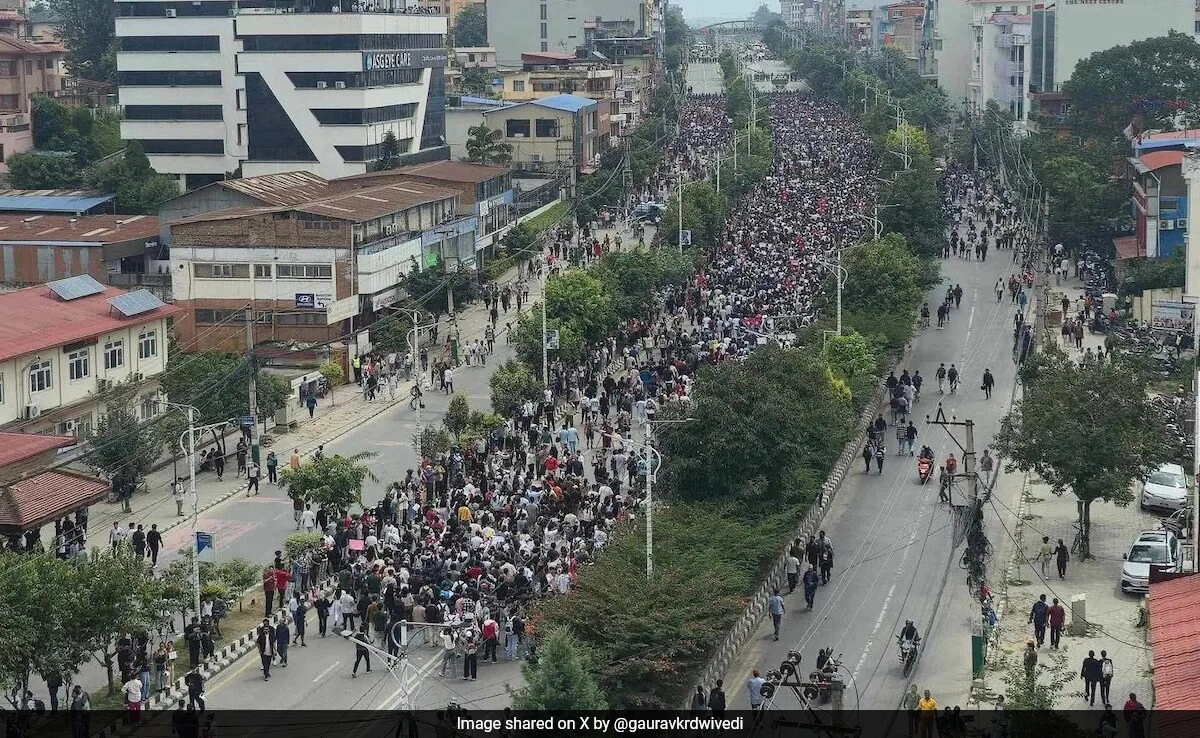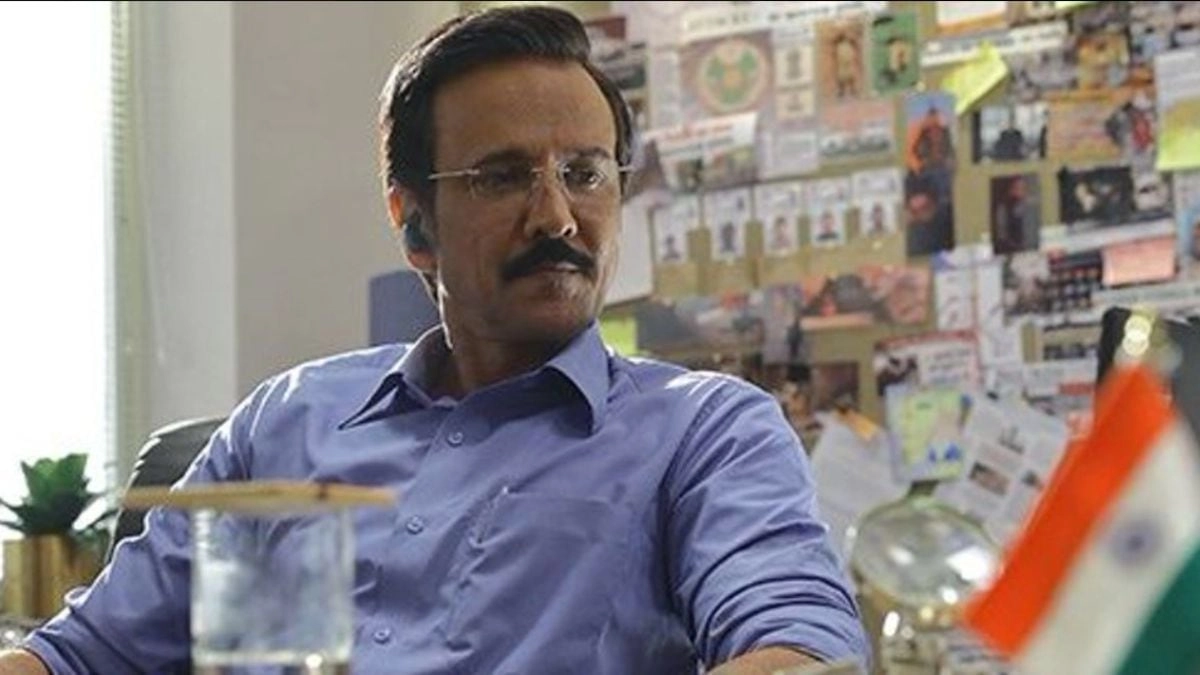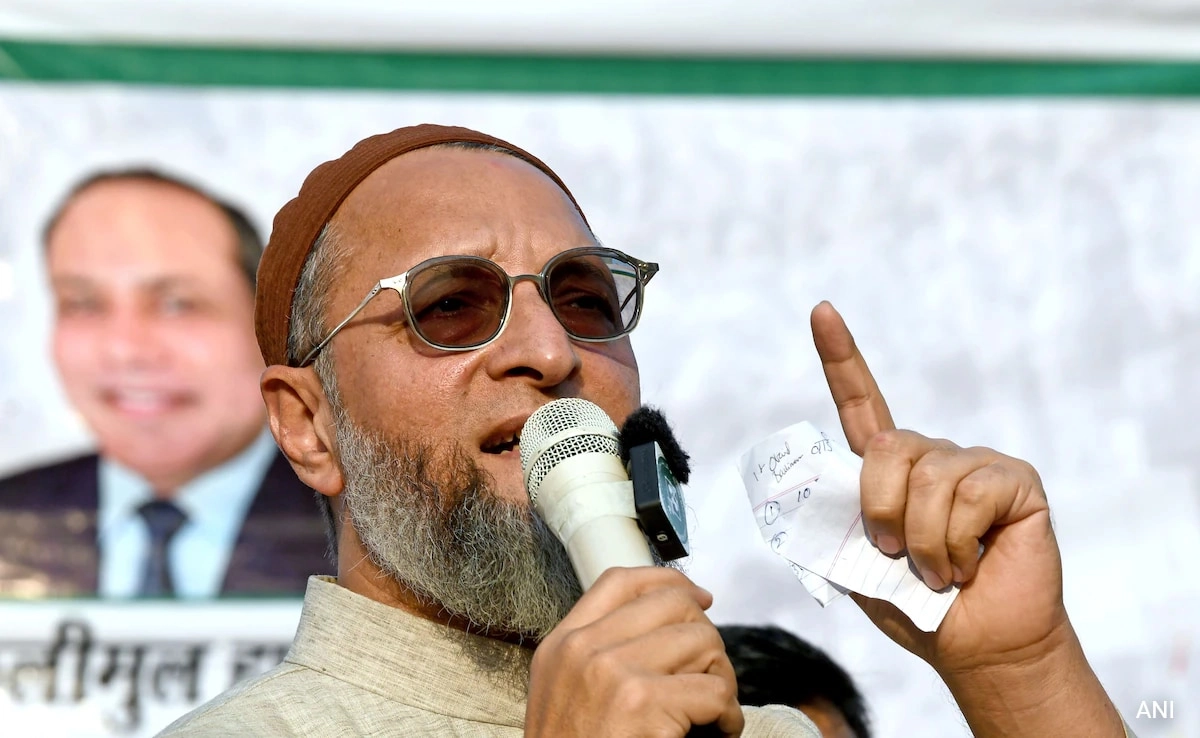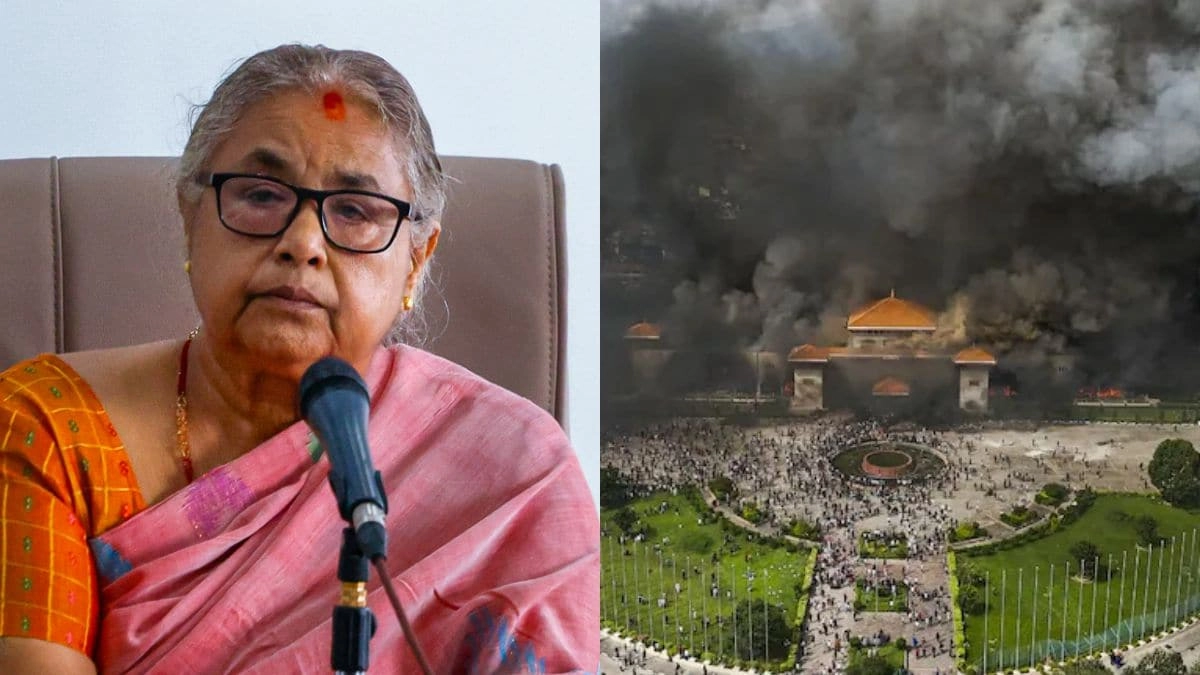In recent weeks, the streets of Nepal have been alive with the vibrant and passionate voices of Gen-Z activists, who have taken to the streets to express their discontent over a government-imposed ban on social media. This movement, driven largely by the younger generation, reflects a growing frustration among young people regarding the suppression of free speech and the limitations placed on their ability to communicate and share ideas. Social media has become a crucial platform for expression, particularly for the youth who rely on these channels to voice their opinions, organize movements, and connect with like-minded individuals. The ban, which many view as an attempt to stifle dissent and control public discourse, has galvanized a significant segment of the population, leading to widespread protests across major cities in Nepal.
The demonstrations have also spotlighted deeper issues of corruption within the Nepali government. Protesters are not only rallying against the social media ban but are also calling for greater accountability and transparency from their leaders. The intertwining of these two issues—media censorship and corruption—has fueled the fervor of the protests, as young people express their disillusionment with a system they perceive as failing to represent their interests. Many are demanding reforms that would ensure a more democratic and just society where their voices can be heard without fear of repression. The protests have seen an impressive turnout, showcasing the determination of the youth to challenge the status quo and advocate for their rights.
Social media has played a pivotal role in organizing these protests, despite the government’s attempts to restrict it. Platforms like Twitter and Instagram have become essential tools for the movement, enabling activists to share their messages, mobilize supporters, and document the events unfolding in real time. The irony of utilizing these platforms to protest their restriction has not gone unnoticed, and it underscores the resilience of the youth in the face of adversity. Many young demonstrators have taken to creating art, music, and digital campaigns that resonate with their peers, further amplifying their calls for change. The protests represent not just a reaction to immediate grievances but also a broader desire for a more open and equitable society, where young people can engage fully in civic life without fear of retribution.
As the demonstrations continue, it is clear that the youth of Nepal are at a pivotal moment in their quest for change. The intersection of social media freedom and anti-corruption efforts has united a diverse group of activists, creating a powerful collective voice that demands to be heard. The outcome of these protests remains uncertain, but one thing is clear: the younger generation is unwilling to remain silent in the face of injustice. They are determined to forge a future that values transparency, accountability, and the fundamental right to free expression. As they march through the streets, they are not just fighting for their rights but also setting a precedent for future generations, emphasizing the importance of civic engagement and the power of collective action in shaping a better society.




